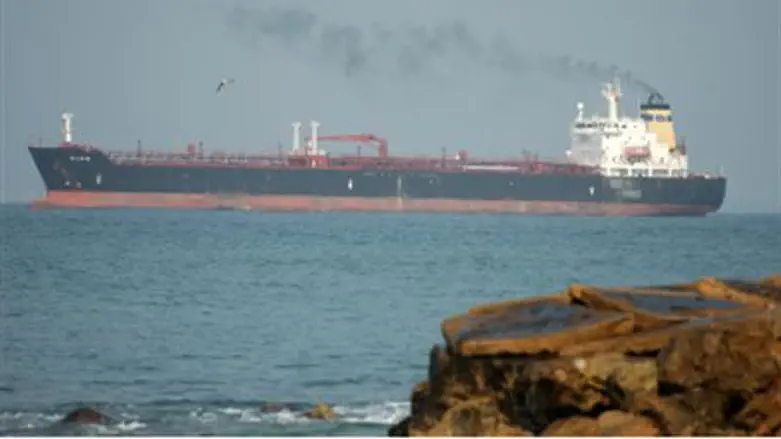
Unrest in Egypt might result in another price hike at the gas pump, according to an article posted on the website of the Center for Strategic and International Studies (CSIS).
"There are a number of reasons for the upward price trend witnessed over the course of the past few weeks," Frank A. Verrastro and Guy Caruso wrote this week. Among the reasons they listed were investor moves to "value commodities such as gold and other precious metals, restrictions on supply sources (little action on renewed drilling in the Gulf of Mexico was mentioned) and geopolitical tensions that could impact supply decisions and tanker movements.
But in the case of Egypt, they wrote, the primary concerns focus on whether or not the Suez Canal and the Sumed Pipeline connecting the Mediterranean with the Red Sea will remain open and operating with business as usual.
"To date, we have seen no evidence of work stoppages, strikes or efforts to sabotage either of these key transit areas," Verrastro and Caruso wrote. They added that they believe "the Egyptian military will make every effort to ensure that oil and cargo passage remains unimpeded."
Still, the perception of trouble could be enough to raise insurance prices and tanker rates, they admit.
Egypt is home to the largest oil refinery sector in Africa, producing some 700,000 barrels of crude per day, as well as substantial volumes of natural gas.
Israel's southern neighbor exports considerable amounts of the refined product to the Jewish State as well as to other nations, and is a key transit point for oil and gas as the precious commodity is transported north and south.
The Suez Canal, a strategic link that connects Mediterranean ports with those in the Middle East and Asia, is seen as a significant oil transit "choke point."
The 200-mile Suez-Mediterranean (SuMed) pipeline, which runs from Ein Sukhna along the Gulf of Suez to the Sidi Kerir terminal on the Mediterranean, is being seen as an alternative if travel through the Suez Canal is disrupted for any reason.
But closure of either or both would result in higher prices for crude and refined petroleum products, especially since other routes would be significantly longer and more costly, requiring travel around the Horn of Africa.